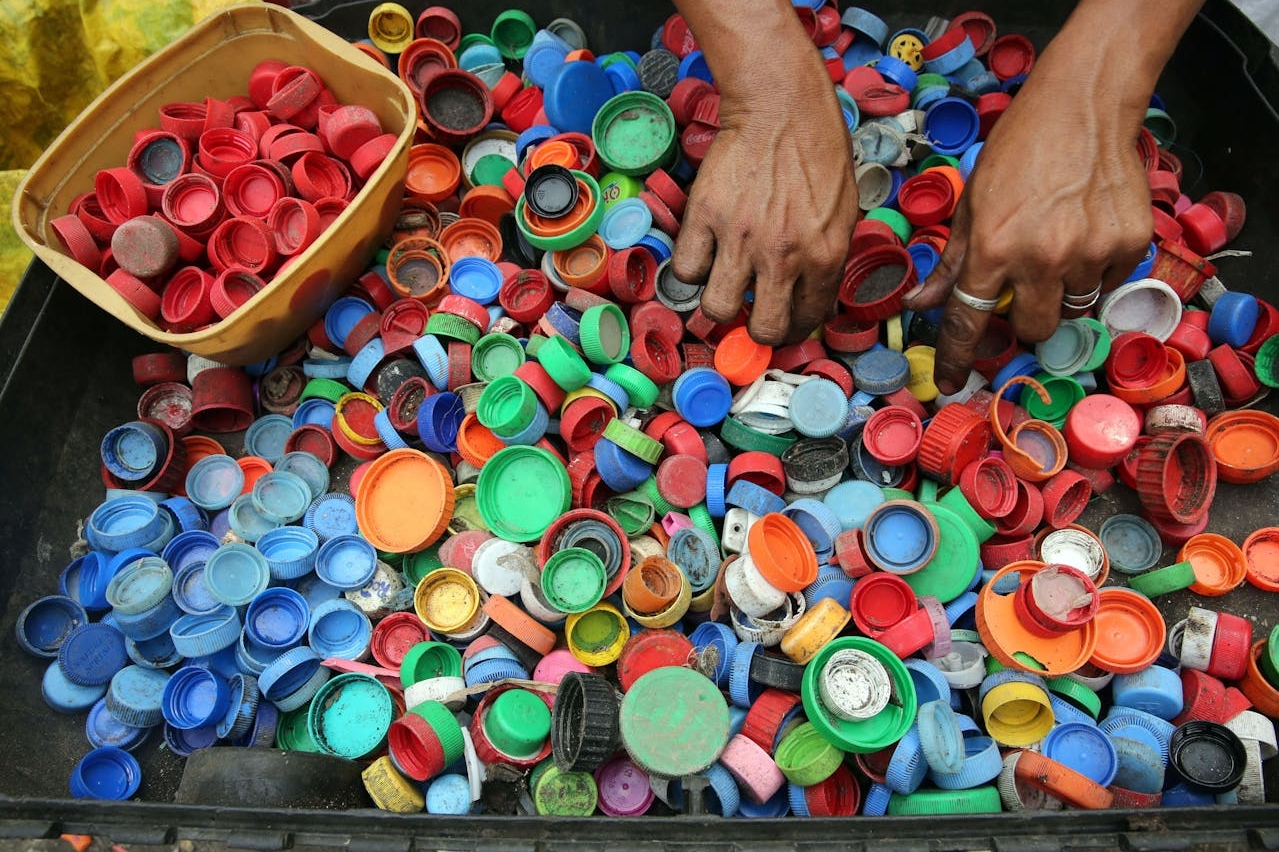Understanding packaging regulations is crucial for US businesses importing packaging products from India to ensure compliance with local laws and standards. India has established regulations governing various aspects of packaging, including materials, labeling, and safety requirements. Veritas Sourcing, dedicated to facilitating trade between India and the US, provides guidance for US businesses on navigating Indian packaging regulations effectively.
- Material Restrictions: Indian packaging regulations restrict the use of certain materials deemed hazardous or harmful to human health and the environment. For example, the Food Safety and Standards Authority of India (FSSAI) prohibits the use of specific chemicals in food packaging, such as lead, cadmium, and certain phthalates. US businesses importing packaging products from India must ensure compliance with these material restrictions to avoid regulatory violations and protect consumer safety.
- Labelling Requirements: Indian packaging regulations mandate clear and accurate labeling of packaged products to provide essential information to consumers and regulatory authorities. Labels must include details such as product name, ingredients, net quantity, manufacturer’s details, and statutory declarations required by law. Additionally, specific labeling requirements may apply to certain product categories, such as food, pharmaceuticals, and hazardous substances. US businesses must familiarize themselves with Indian labeling regulations and ensure that packaging products meet all labeling requirements before importation.
- Packaging Standards: India has established national standards and specifications for packaging materials and products to ensure quality, safety, and performance. For instance, the Bureau of Indian Standards (BIS) sets standards for packaging materials such as paperboard, plastics, glass, and metal containers, specifying parameters such as dimensions, strength, and compatibility with packaged contents. US businesses should verify that packaging products comply with relevant Indian standards to avoid non-compliance issues and ensure product suitability for the Indian market.
- Environmental Regulations: India has implemented environmental regulations aimed at promoting sustainable packaging practices and reducing environmental impact. The Plastic Waste Management Rules, for example, regulate the production, use, and disposal of plastic packaging materials, imposing restrictions on single-use plastics and mandating extended producer responsibility (EPR) for plastic waste management. US businesses importing packaging products from India must adhere to these environmental regulations and consider sustainable packaging alternatives to minimize environmental footprint and comply with regulatory requirements.
- Import Procedures and Documentation: US businesses must follow import procedures and documentation requirements outlined by Indian customs authorities to facilitate the smooth clearance of packaging products at the port of entry. Importers must obtain necessary permits, licenses, and certificates, such as Importer-Exporter Code (IEC) registration, customs clearance documents, and product certifications, to comply with Indian import regulations. Additionally, adherence to packaging regulations and standards may require product testing, certification, or verification by accredited testing laboratories or certification bodies recognized by Indian authorities.
By understanding and adhering to Indian packaging regulations, US businesses can navigate the complexities of importing packaging products from India successfully. Veritas Sourcing assists US businesses in sourcing packaging products from reputable Indian suppliers that comply with applicable regulations and standards, ensuring compliance, quality, and reliability in international trade partnerships. With our expertise and guidance, US businesses can navigate Indian packaging regulations with confidence and unlock opportunities for sustainable and mutually beneficial trade relations with India.




